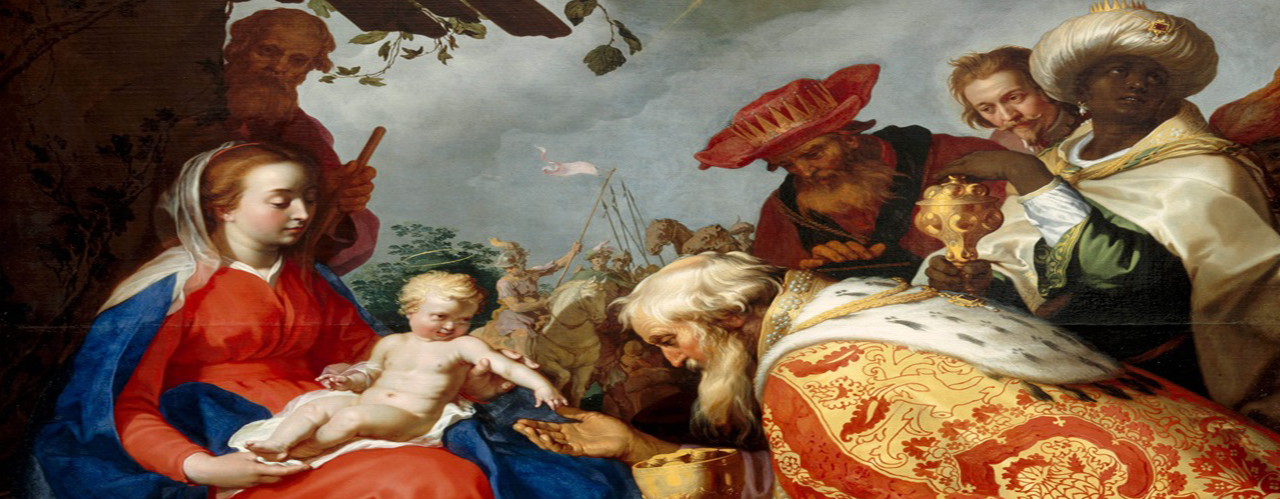Heart issues don't have to be immovable mountains. (Flickr)
There is a tremendous shaking, sifting and shifting happening right now across the body of Christ. The heat of the season and the pressure that has come with it is bringing a lot of "dross" to the surface in many hearts.
Last night as I was falling asleep I heard the Lord say that issues of the heart are being brought to the surface in many lives and are overwhelming and looking like mountains. The "issues of the heart" that have come to the surface for many have become so intimidating and so big that many have become "stuck" in the revelation of the wounding, lies, strongholds and struggles that have come to the surface.
I felt the Lord saying these "issues of the heart" have not been brought to the surface to intimidate you, to overwhelm you, or to discourage you, but actually to POSITION YOU for HEALING.
The Lord has REVEALED these things because He wants you HEALED. As you get before Him and share these "issues of the heart" with Him, radical healing and wholeness is going to take place. Perfect love is going to be PERFECTED in you. Shame, fear, struggles, anxieties, worries, crippling strongholds and lies are going to be melted away by His perfect love.
Don't look at this "heart issue" that has come to the surface as a mountain that cannot be moved. It's about to be melted away. Don't become a victim of this mountain, don't allow yourself to fall into discouragement or condemnation but KNOW that you are moving into greater realms of wholeness and healing.
The Lord is extending you, He is strengthening you, He is awakening you MORE to the TRUTH of WHO YOU ARE.
You may feel like these "issues of the heart" are causing a "breaking" and they are, but it is a glorious breaking. A glorious breaking to release you into greater dependence upon Him, greater trust, greater revelation of His love and who you are. You are actually being promoted into new levels of dependence and revelation of His DELIGHT in you and radical LOVE for you.
He is undoing you with His love and goodness, bringing you into greater freedom.
In this glorious undoing, not only are things that have entangled you melting away, but He will flow through you more powerfully than ever before.
The breaking process can be painful and uncomfortable but He is carrying you, surrounding you with His love and comfort to BRING YOU TO LIFE. His arms are wrapped around you. You are safe in Him and there is no reason to fear. He is loving you to life!
You are actually moving to a place of greater strength in Him than you have ever been as you embrace this process. Anything hindering you is being broken off. It's time to let go. To free fall into His arms, and see that is the SAFEST place for you to be. To let go of striving, to let go of performance and step into the overwhelming beautiful revelation of His love.
Embrace to process, fall into His arms and you are moving forward in greater WHOLENESS into a WHOLE NEW WORLD!
Lana Vawser has a heart to encourage the body of Christ and individuals in their walks with Jesus, to have deeper intimacy with Him and to learn to hear His voice. She operates in the prophetic and loves to share the heart of God with others. Lana has written her first book, titled Desperately Deep—Developing Deep Devotion and Dialogue with Jesus, and loves to see others grow in all that God has for them.















